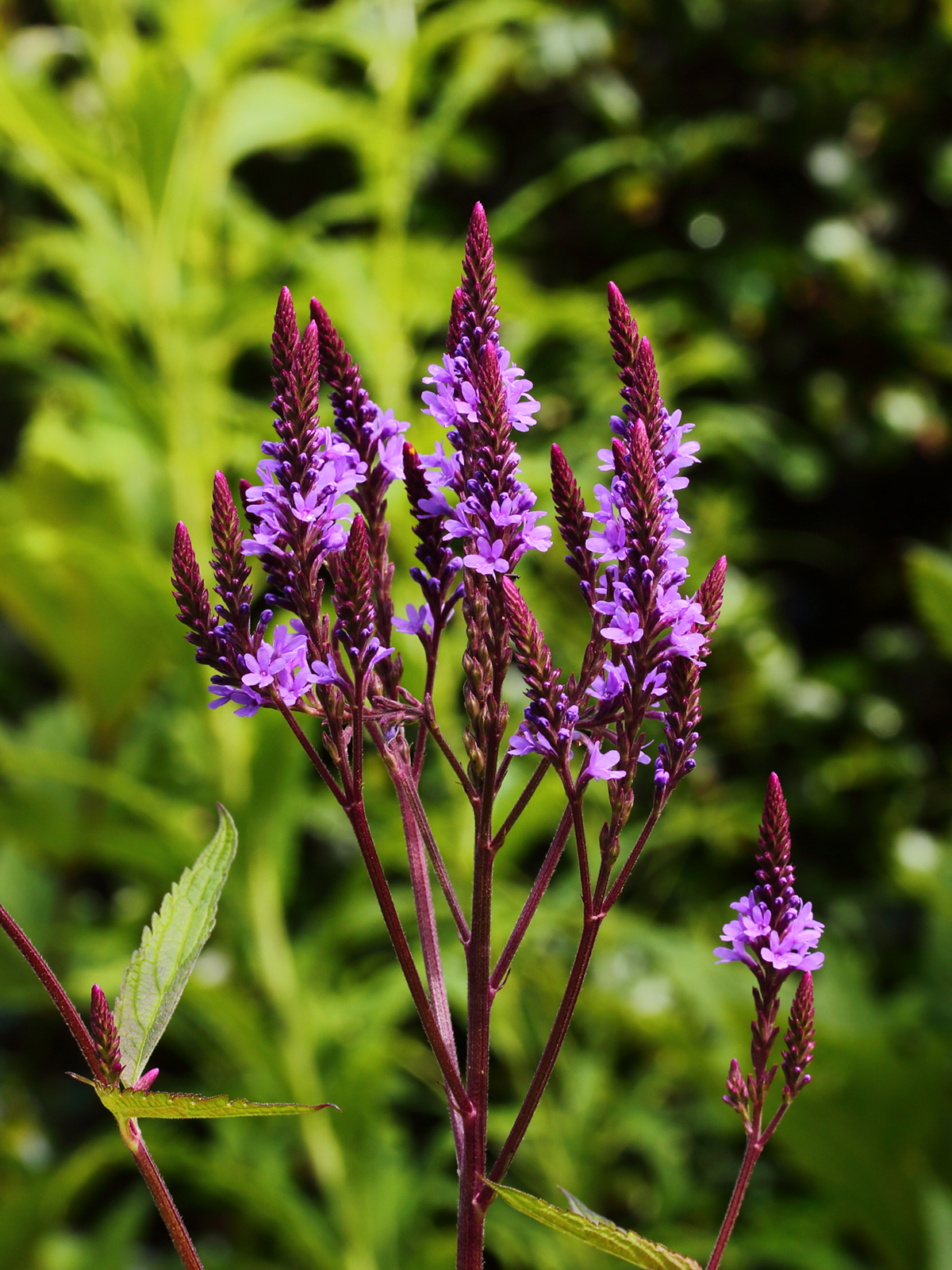
Herbalism and Nervous System Problems
Herbalism is occasionally considered inefficient, treating maladies by placebo effect. But herbs have been successfully used throughout the history for relieving various symptoms particularly those associated to nervous system disorders.
Herbalism is a part of holistic medicine which doesn’t focus only on condition but the whole body and mind of the sufferer. Herbalists treat stress, anxiety, depression and tension that commonly lead to more severe conditions.
It is well known that nervous tension can lead to stomach ulcer, irritable bowel syndrome, ulcerative colitis and other gut condition. Depression causes reduced secretion of digestive juices can cause poor digestion. Anxiety can result in increased pain of inflamed ulcer since it promotes hyper production of HCL and adrenaline discharge.
Herbalists approach to dermatological problems consists of boosting kidney and liver function to promote elimination of toxins and relaxing nervous tension which can be the main underlying cause for the condition.
Herbs effectively restore nervous system balance and benefit overall health. They don’t cause addiction and are less toxic unlike antihistamines or benzodiazepines that can damage metabolism, induce drowsiness and lead to dependence.
Herbs Beneficial to NervesValeriana officinalis (Valerian)
Valeriana is the perfect “sedative”. Valeriana contains oil, alkaloids and iridoids which are alleviating anxiety. On the other hand, it preserves concentration and doesn’t cause sleepiness or depression. Valeriana can even be taken prior to taking exam.
Verbena officinalis (Vervain)
Verbena has antispasmodic properties. It is not so god for treating depression but it promotes releasing toxins by the liver. It is used for migraine.
Hypericum perforatum (St. John’s Wort)This herb possesses analgesic, anti-inflammatory and sedative properties due to its red pigment (hypericin). Hypericum perforatum is beneficial for neurosis and irritability.
Mellissa officinalis (lemon balm)Lemon balm has anxiolytic, mild sedative effect. It is good for reducing stress. It is also carminative and antispasmodic agent. Lemon balm oil influences vagus nerve and consequently heart and the stomach. This herb is used for migraine, neurasthenia and nervous gastropathy.
Herbal alternatives for nervous system health include Avena sativa (Oats), Scutalleria lateriflora (Scullcap), Turnera diffusa (Damiana), Rosmarinus officinalis (Rosemary), Lavandula officinalis (Lavander), and Tilla europea (Linden or Lime flowers).
Clinic of Herbal Medicine in London showed excellent results in treating Parkison’s disease, epileptic seizures, depression, migraine, mood swings and other disorders.
All in all, appropriate herb for particular condition in one person must be chosen under supervision of experienced herbalist. Yet, we can help our nervous system with vitamins B, exercise and replacing coffee with Chamomile, Lemon balm or Linden tea.


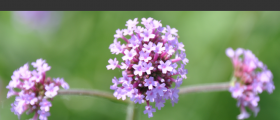
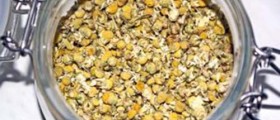
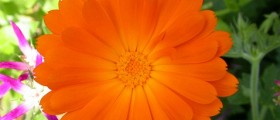







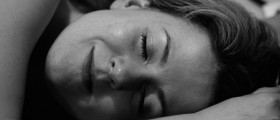

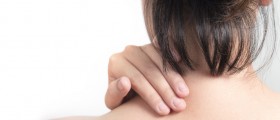

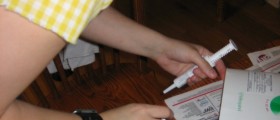
Your thoughts on this
Loading...